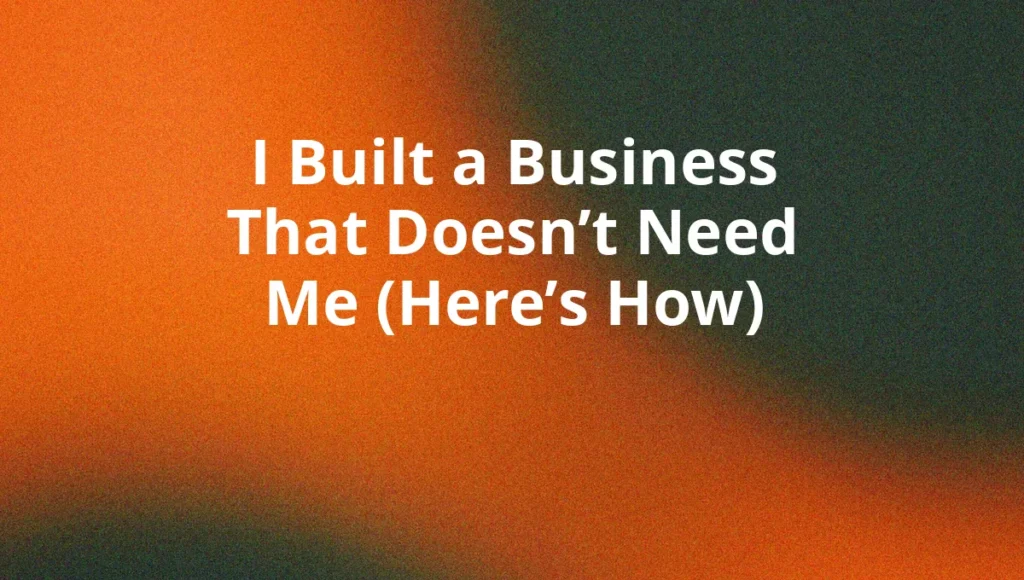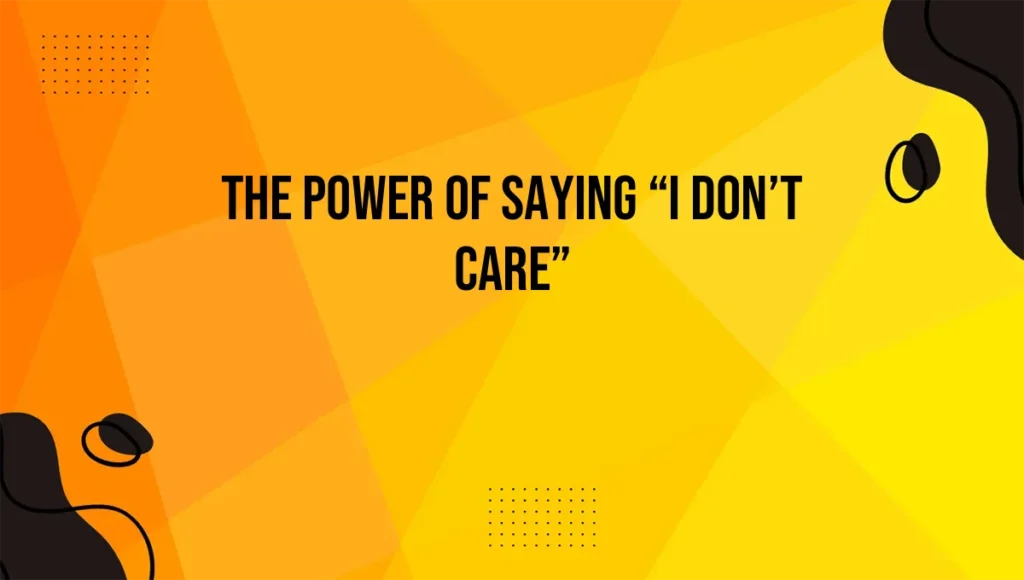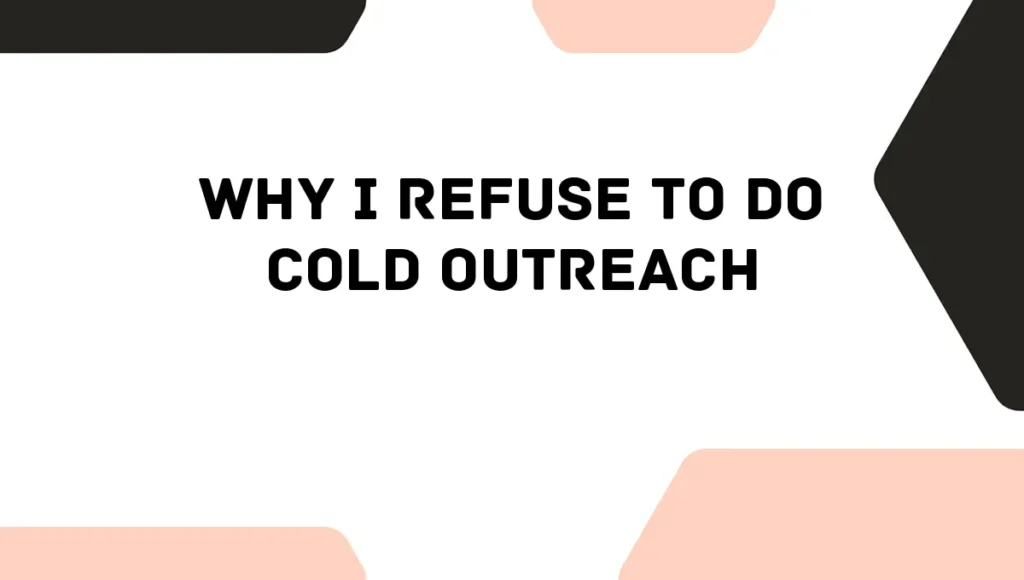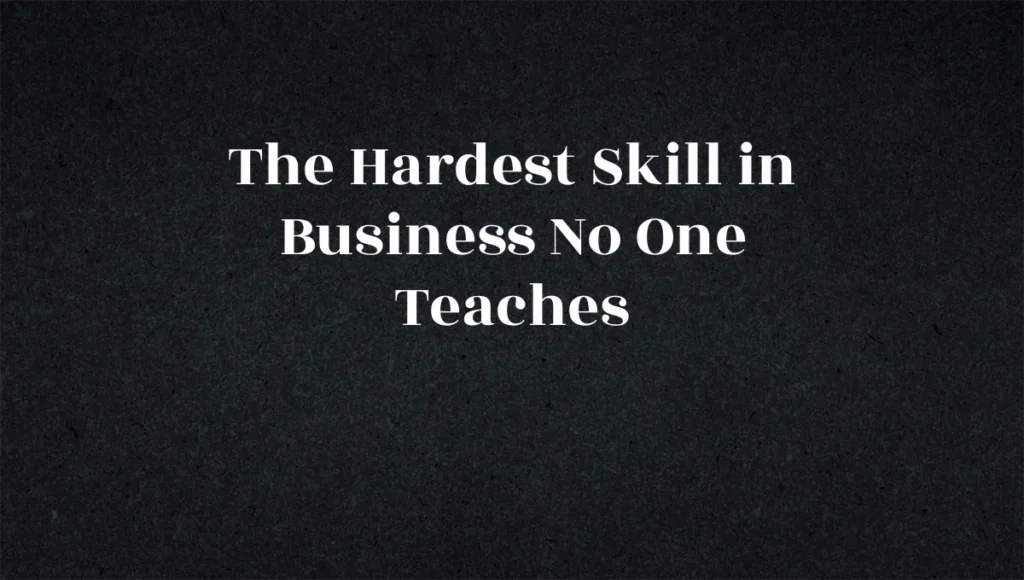The hardest skill in business? It’s not the spreadsheet wizardry, social media algorithms, or networking magic. it’s something far deeper, something the textbooks conveniently sidestep. I’m talking about emotional intelligence—the ability too read a room, understand people, and navigate the often treacherous waters of human behavior.
Let me share a little story.A few years back,I launched a project that,by all metrics,should have exploded. I’d put in the hours, assembled a killer team, and had the financial backing to make a real splash. The product was great; the marketing flashy. But it flopped. Hard.
It wasn’t the market that failed me; it was my failure to connect with my team and my audience on a human level. I was so engrossed in the tactical side—the ideation, the KPIs, the to-do lists—that I neglected the single most significant factor: the people involved.My team was burning out. My customers were left feeling unheard. I missed the signals becuase I was too focused on output,not connection.
Fast forward to today, and I still stumble. Like, just last week, I had a discussion with a potential partner. My mind was racing with numbers, projections, and outcomes that I forgot to listen. It’s not always easy, and I’m still learning. But every time I catch myself slipping, I remember what it’s like to feel disconnected.
You see, emotional intelligence isn’t just about being nice or empathetic. It’s about understanding the nuances of human behavior. It’s about knowing when someone is disengaged,even if they nod along. It’s about recognizing that a seemingly innocuous comment in a meeting can set off a firestorm of insecurity in an employee, or that a short response in an email could signify someone is in crisis. It’s messy and intricate, but that’s what makes it crucial.
When I started taking this seriously, my trajectory shifted. I began to invest in insights over mere data. I developed the habit of asking open-ended questions, truly listening, and genuinely caring. My conversations transformed. They became richer, revealing layers of potential and prospect that I’d previously overlooked.
But here’s the kicker: being emotionally intelligent isn’t intuitive for everyone. Society tends to overlook it. In the race for profits and growth, EQ takes a backseat to IQ. We glorify the hustle, the grind, the ‘Let’s push through and get it done’ mentality. Sure, hard work is vital. But without that human touch, it’s like trying to propagate a seed in barren soil. You can hustle all day,but if you don’t nurture the relationships,if you don’t cultivate understanding,growth is stunted at best.
And let’s talk about feedback. How frequently enough do we give feedback and think we’re being constructive, but really, we’re just dressing up criticism? It’s crucial to remember that feedback isn’t a personal attack; it’s a dialog. when I began looking at feedback as a way to foster growth, my relationships deepened. Instead of feeling threatened, my team felt empowered.
There’s a bold truth in all this: if you want to rise above the noise, learn to master emotional intelligence. Build it like you would a startup. Invest in it, stretch it, test it. Listen to your gut, watch for non-verbal cues, ask about someone’s day, and really, truly listen.Not only will you build more resilient teams, but you’ll also create a culture were innovation thrives.
Take a moment to reflect on your own experiences. Have you ever dealt with a customer complaint you brushed off because it was listed as a “metric” but missed the humanness behind it? Or maybe you’ve led a meeting where you spoke at your team, rather than engaging with them? It’s in these moments that we reveal our weaknesses—and also our potential for greatness.
So here’s my challenge to you: acknowledge that emotional intelligence, that raw, gritty ability to connect with others, is your golden ticket. Wear it like armor; it’ll serve you better than any business strategy or hack. Start small. Pay attention. Engage with people not just as transactions, but as humans.
In a world increasingly driven by numbers and algorithms, it’s the human touch that will set you apart. So go on, embrace the messiness of emotional intelligence. It’ll be the hardest skill you ever learn, but it’ll also be the most rewarding—one that no one can take away from you.




